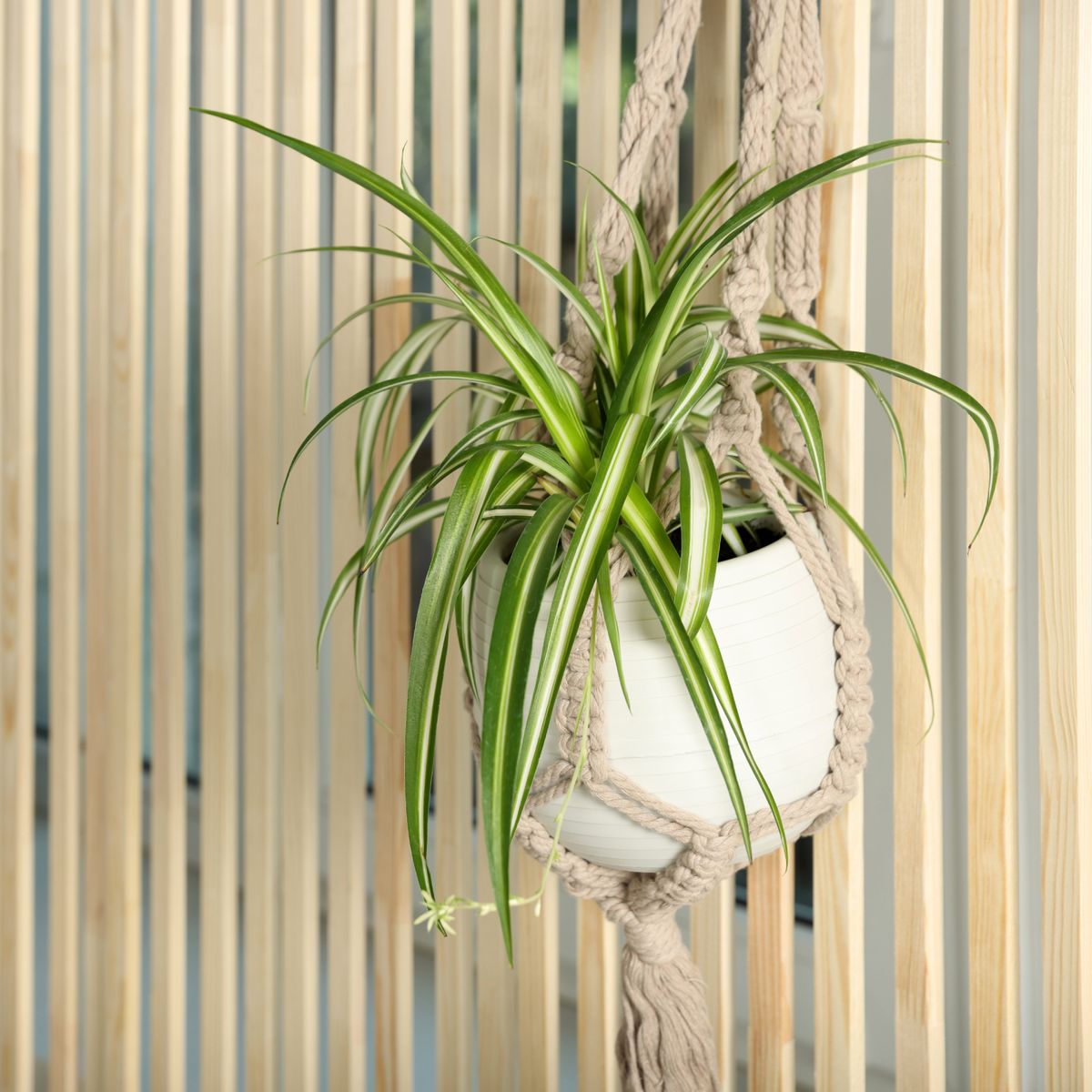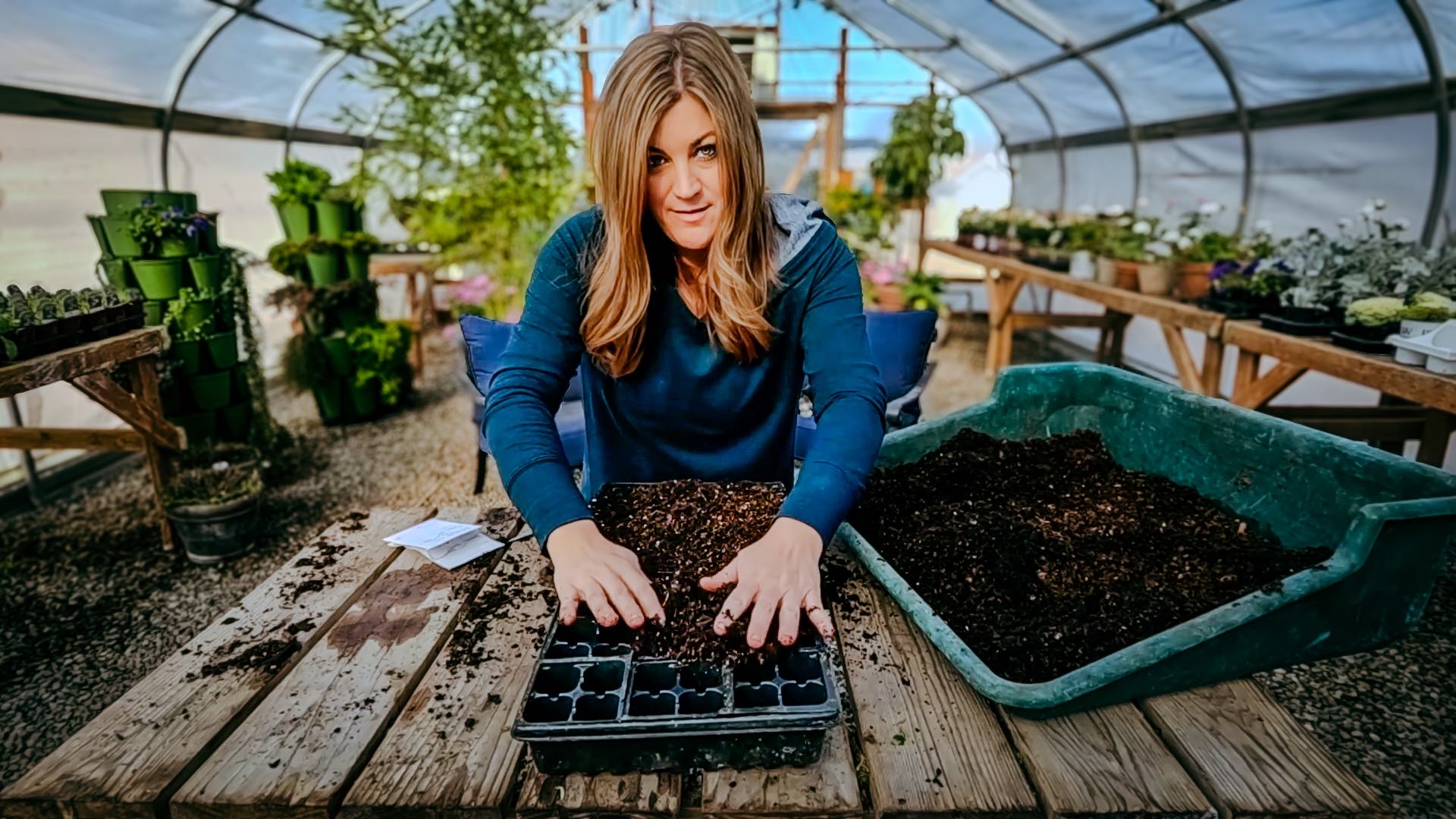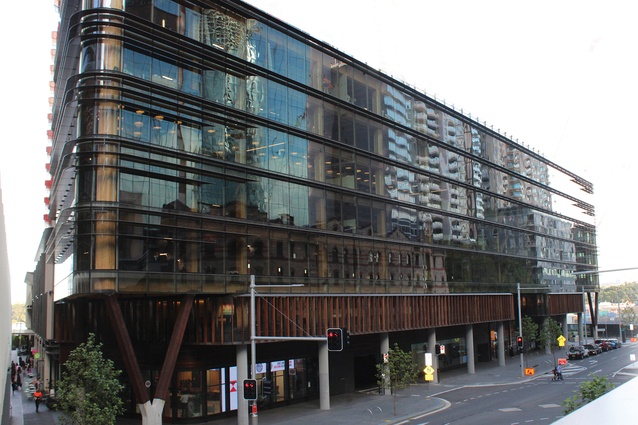[ad_1]
A collective garden can help a neighbourhood secure a food supply in its own neighbourhood and act as a community builder and gathering place

Article content
A “food forest” proposed for an East Vancouver park can help the neighbourhood secure a local food supply, especially during a pandemic.
A food forest is different from a community garden, as there are no individual plots and it is designed for native plants, shrubs and trees, with input from Indigenous community members, according to Marie-Pierre Bilodeau of Refarmers, one of three non-profits that pitched the idea to the city’s park board late last year.
The community would share in the harvest of the Vancouver Urban Food Forest Collective Garden and gain knowledge from it about growing their own food on their balconies, which are both designed to increase food security for the marginalized, she said.
It is to be built in the Burrard View Park in the Hastings-Sunrise neighbourhood. Proponents and park board staff are finalizing the location in the park.
The area around the park includes 40 per cent single-family homes, 60 per cent low-rise apartments, three low-income B.C. Housing complexes, the Aboriginal Mother’s Centre, and the Kiwassa Neighbourhood House, all of which service “underserved populations,” according to the parks staff report.
Article content
The park is ideal because “it is closest to the greatest number of people who don’t have space to grow their own food,” said Bilodeau.
“I hope we can demonstrate how amazingly cool they are, how revolutionary this is,” she said of food forests, which are becoming popular in the U.S. “There should be free food for everyone. It creates a different vibe.”
There are smaller food forests, including a small one at Riley Park, City Farmer in Kitsilano, another in Renfrew-Collingwood, and the Copley orchard near Trout Lake, said Bilodeau.
The Vancouver park board was to have voted on a staff recommendation to approve the proposal at the board’s regular meeting this week.
Cate Jones, who addressed the board as a representative of the Burrardview Community Association, said the group supported the proposal but requested it be moved from the park’s only flat grassy area that was well-used by children for casual sports and by picnickers.
The board has sent the proposal back to staff for more talks with proponents and others in the community “to identify a suitable location,” said spokeswoman Daria Wojnarski in an email.
The food forest, proposed by three non-profits, Refarmers, Kiwassa Neighbourhood House and Lettuce Harvest, was supported by 70 per cent of respondents to a parks survey. About one-third wanted a different location.
slazaruk@postmedia.com
[ad_2]
Source link








 + Planting String of Watermelon Succulents
+ Planting String of Watermelon Succulents  with Garden Answer
with Garden Answer

